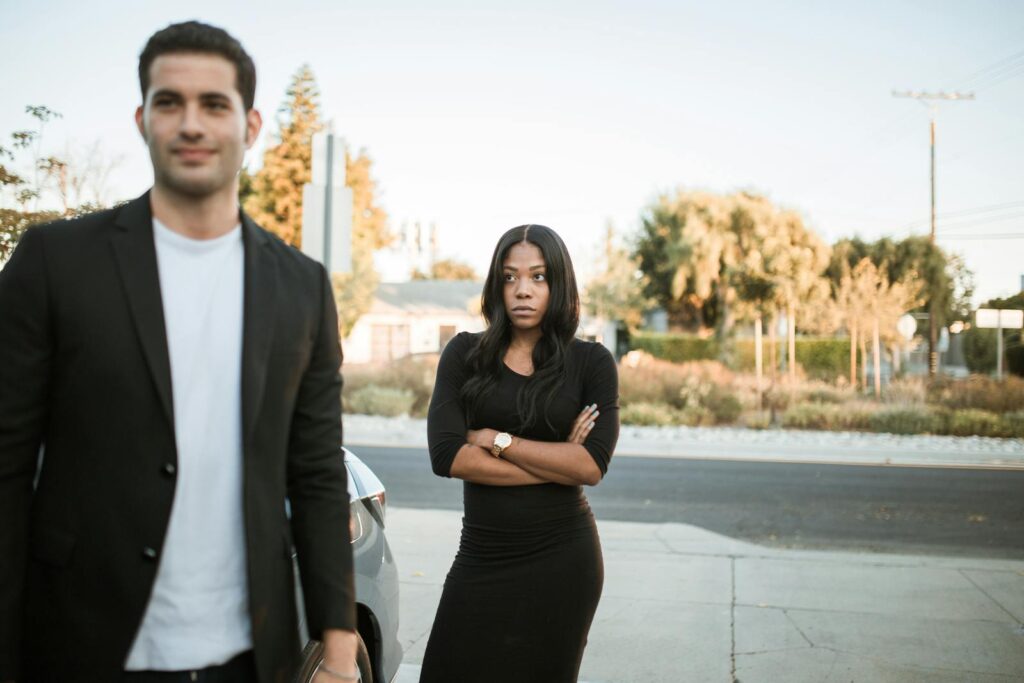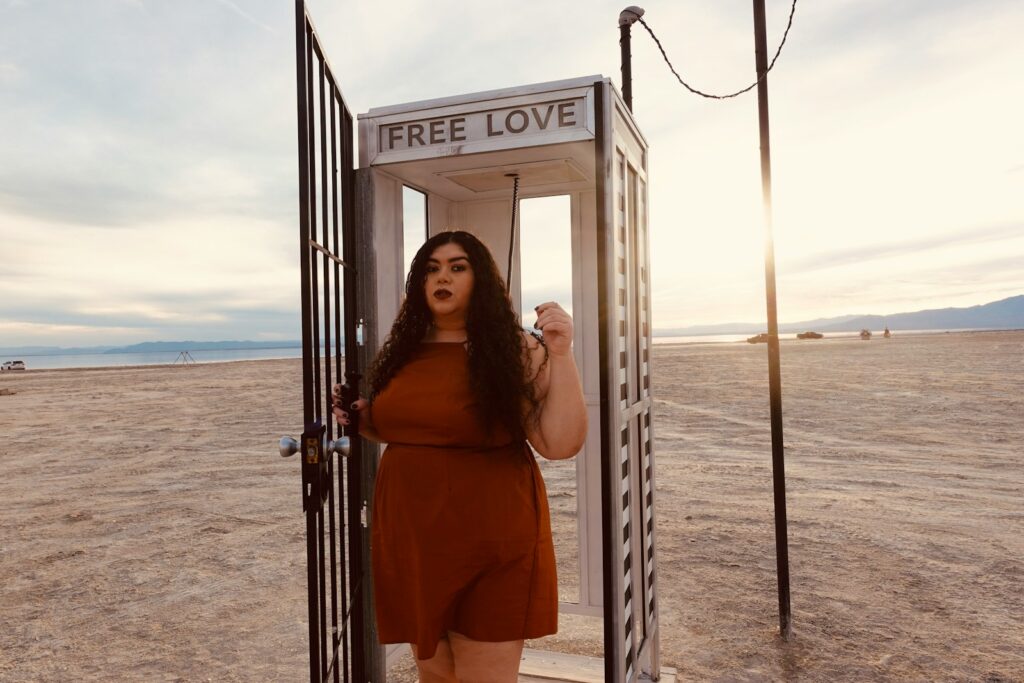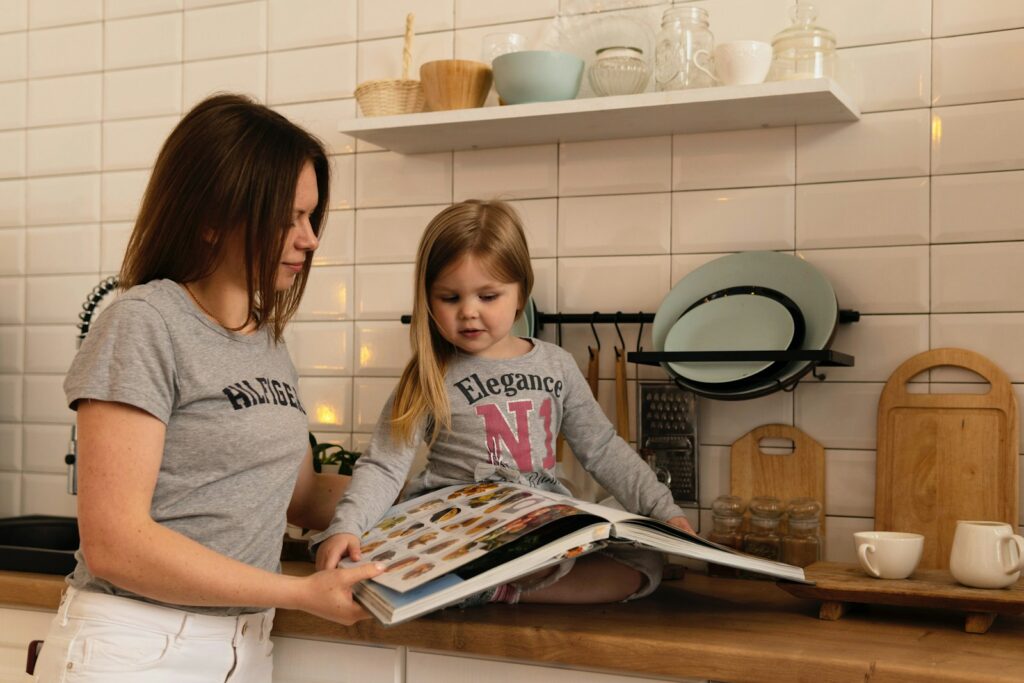
Some remarks sound harmless when they’re said, just part of casual talk. But they don’t disappear afterwards. They sit in the back of your mind, replaying when things go quiet. Most women have learned to nod or smile to keep the moment light, even when it stings. Here’s what you should never say to a woman.
You Look Tired

It sounds like concern, but it rarely feels that way. It points out something she already knows, something she’s probably tried to hide. Maybe she’s had a long day, maybe her eyes are puffy from crying. Either way, she doesn’t need it said aloud. What she hears isn’t care—it’s scrutiny. A reflection in the mirror she didn’t ask to see pointed out.
Are You on Your Period?

It’s the fastest way to make her shut down. The moment those words appear, whatever she was saying disappears. Her frustration, sadness, or anger gets labelled as hormones instead of emotion. Maybe she’s upset because she was hurt, not hormonal. The question turns her feelings into a punchline. It’s not a concern—it’s a shortcut people use to avoid listening to what she’s saying.
You’re Not Like Other Girls

It sounds flattering until you think about it. It says there’s a “better” kind of woman, and she happens to fit it. The words pit women against each other, as if there’s one right way to exist. Maybe it’s said with a smile, but it still separates her from the rest. She doesn’t need to be different to be worth something. She was already like that before anyone made any comparisons.
You’re Overreacting

It’s a phrase that shuts doors. The moment it’s said, everything else fades. Maybe she’s explaining something that hurt her and took courage to bring up. The word “overreacting” tells her it’s not worth saying again. It makes her question her perception, tone, and right to feel anything. It’s not a correction—it’s a dismissal wrapped in calm words.
Calm Down

That phrase works like gasoline on fire. It’s meant to control, not to comfort. When someone says it, they’re not trying to help; they’re trying to end emotional discomfort. Maybe her voice is raised, maybe her hands are shaking. Telling her to calm down doesn’t settle anything—it just tells her she’s too much, too loud, too emotional for the room she’s in.
You’re So Emotional

As if feeling deeply is a flaw. The words sound like a diagnosis, something to fix. But emotions aren’t weaknesses—they’re responses. Maybe she’s crying over something small or furious about something big. Either way, it’s valid. Calling her “emotional” doesn’t make her calmer; it makes her careful. It teaches her that showing her feelings means being judged for it later.
You’re Too Ambitious

It’s strange how quickly ambition changes meaning when used on a woman. For men, it’s drive. For women, it’s often framed as arrogance. The phrase suggests that she should temper her ambitions to make others comfortable. Maybe she’s working late, maybe she’s pushing for something she believes in. That shouldn’t be a problem. Her goals aren’t too much—they make others realize they have fewer excuses.
You’re Lucky He’s With You

It always sounds like a compliment until it doesn’t. It suggests she’s been chosen out of generosity instead of mutual love. Maybe it’s said with a laugh at dinner, whispered after someone walks away. Either way, it plants a seed that she’s not enough without him. Love isn’t charity. And no woman should be made to feel grateful for being seen.
You’ve Put on Weight

Even if it is said “out of concern,” it lands hard. Maybe she’s aware, maybe she’s not. Either way, it’s not yours to say. Bodies change with time, with stress, with living. The comment doesn’t help; it just exposes judgment hiding behind a casual tone. She doesn’t need reminders of mirrors or numbers. She needs space to exist without being measured.
You’re So Lucky You Don’t Have Kids Yet

People mean well when they say it. They think they’re celebrating freedom. But for some women, it’s a reminder of something painful or simply unwanted. Maybe she’s trying, perhaps she’s decided not to. Either way, it’s not a topic for light conversation. The sentence hangs in the air, heavy with assumptions about what she should want and when.
You’re Pretty for Your Age

It sounds like flattery, but it’s conditional. It reduces beauty to a race against time. The words remind her that aging isn’t seen as graceful—it’s seen as decline. Maybe she’s at a family event or a reunion, smiling politely as it’s said. Inside, she knows what’s really being compared. She shouldn’t have to be “for her age” to be seen as beautiful.
You Can’t Take a Joke

That one always appears after a dig that went too far. It shifts the blame back onto her, as if the problem isn’t the comment itself but her reaction to it. Maybe it was about her looks, her job, her choices. Laughing it off becomes the expectation. The air goes cold for a second, and she realizes humour can sometimes be the sharpest weapon in a room.
You’re Being Difficult

It’s often said when she’s just standing her ground. Maybe she’s asking questions, maybe she’s refusing to agree too quickly. The word “difficult” has made assertive women small for generations. It tells her she’s disrupting something by having standards. But what she’s really doing is holding a line. And that line usually exists because someone crossed it before.
You’ll Change Your Mind Someday

It carries the same tone about marriage, kids, or anything else. A quiet condescension wrapped in a smile. It assumes she doesn’t know herself yet, that her choices are temporary until they match expectations. Maybe she’s sipping her drink, listening, and saying nothing. Because there’s no way to argue with someone who’s decided time will correct you.
You’re Lucky to Be a Woman These Days

People toss this line out like it’s proof that everything’s equal now, as if opportunities cancel out the small daily slights that still exist. Maybe she’s had her ideas talked over in a meeting or brushed aside in a crowd. Progress has happened, sure—but it’s uneven. When she hears that line, she usually smiles, knowing luck has little to do with fairness.

